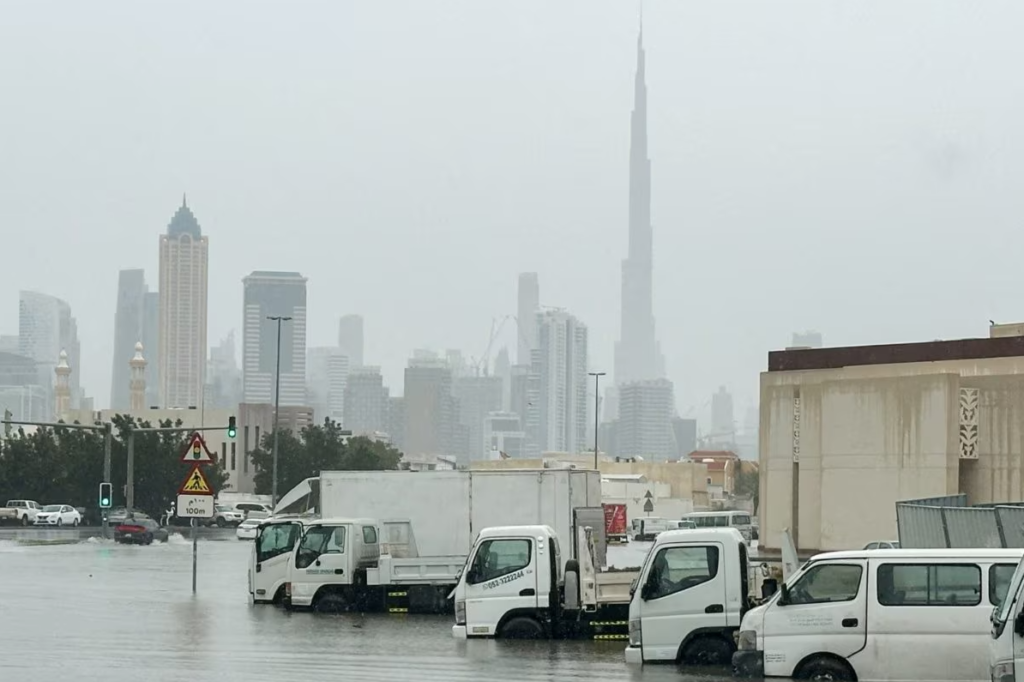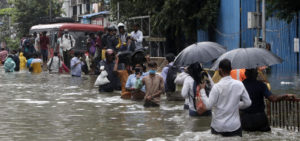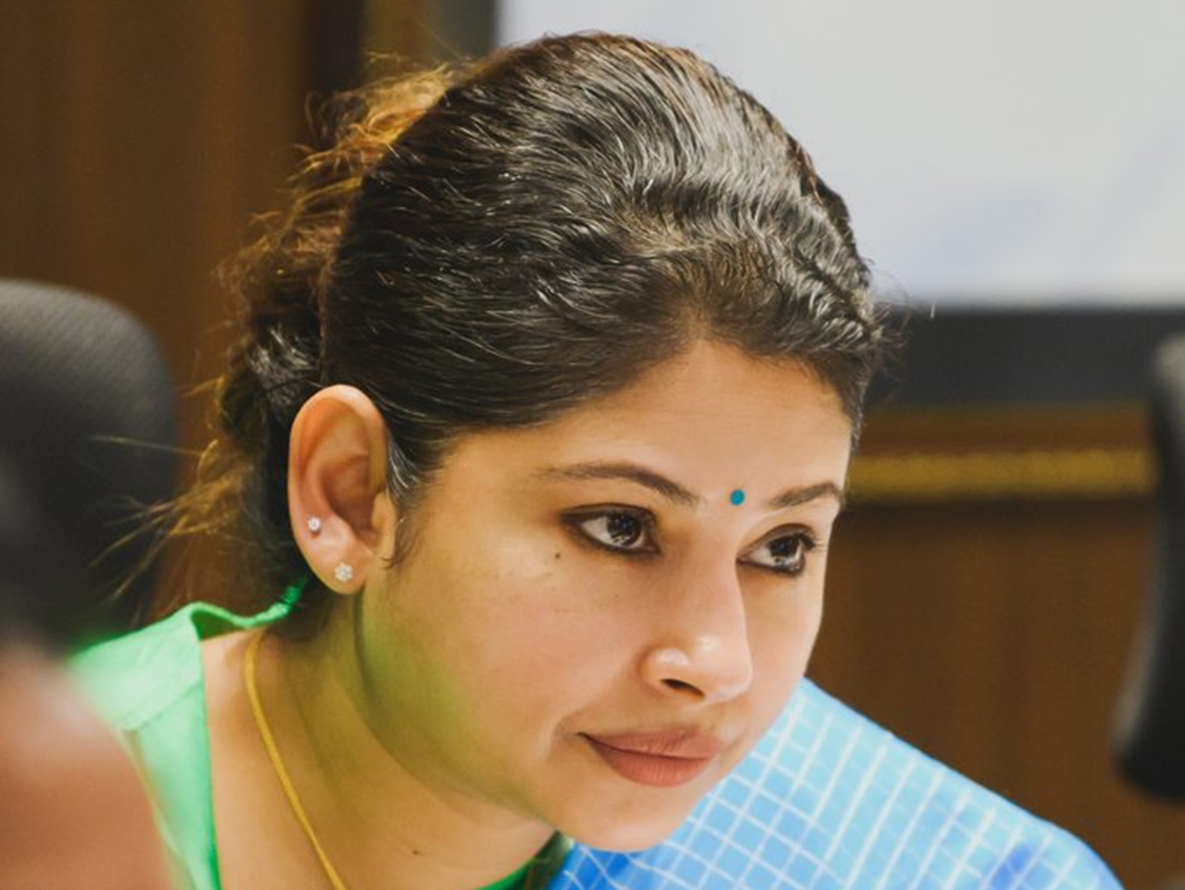The record-breaking rainfall in Dubai this week has left the world puzzled. Situated within the Arabian Desert, one of the fastest-growing cities known for its soaring skyscrapers and opulent infrastructure has been brought to its knees by torrential rains that have triggered disastrous floods. According to the United Arab Emirates (UAE) National Meteorology Centre, the city recorded a year and a half’s rain in just a few hours. The city of Al Ain received 254 mm in less than 24 hours on Tuesday — the highest ever since the records began. However, this time, it unusually extended far to the south.
Intense Storm Fueled by Global Warming?
“There was a mid-latitude westerly trough from the Mediterranean Sea which became so strong, that it also extended southwards towards the UAE. Normally, it affects the upper reaches of Afghanistan, Pakistan, Kashmir, Himachal, and Uttarakhand even closer to Tibet, but it went unusually far to the south. The storm was further fueled by additional moisture from the Arabian Sea concurrently giving extreme rainfall over Bahrain and Qatar. But it is clearly not a one-off incident. Extreme weather events, especially short bursts of torrential rain, have intensified globally leading to disastrous floods. Massive amounts of greenhouse emissions pumped into the atmosphere by human-led activities have raised global temperatures, making the world over 1.1℃ warmer already. “Whatever may be the trigger, it is certain that global warming has intensified heavy rainfall events. Though the overall number of rainy days is less, the amount of rainfall on those days has increased significantly.
Cloud Seeding Gone Wrong in Dubai?
The intensity of rainfall in Dubai has been so high that it has overwhelmed the desert city, leaving its existing drainage system struggling to cope. The internet has been abuzz with videos of cars floating along the roadsides, flooded runways, and submerged buildings across the city. The science is clear. The human-induced climate change is exacerbating extreme weather events, and Dubai’s recent ‘Desert Storm’ serves as a stark reminder of the urgent need to address climate change on a global scale1.
Dubai’s recent ‘Desert Storm’ highlights the impact of climate change on extreme weather events. As global temperatures rise, cities worldwide face increasing risks from intense rainfall and flooding. The situation in Dubai underscores the importance of urgent climate action to mitigate such disasters.






































